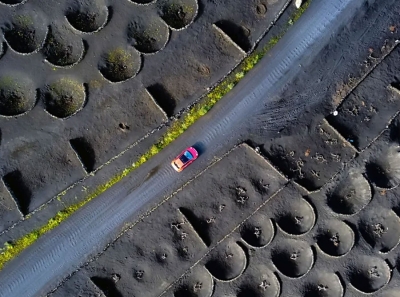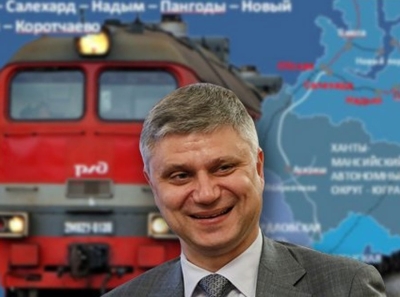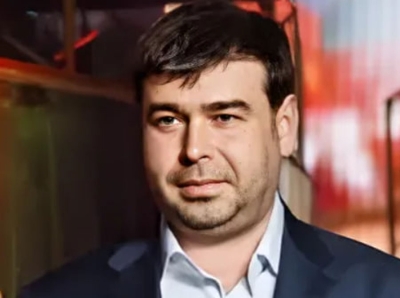China to "work with Russia": what does this portend?
On his state visit to Moscow Chinese President Xi Jinping stressed that China would continue to work with Russia to promote "true multilateralism". Putin also expressed his conviction that this would strengthen "the fundamental principles of the world order". Europe’s press looks at why the two sides are seeking this partnership.
Xi won’t dump Putin
De Standaard explains Beijing’s motives:
“China is feeling the consequences of the conflict. Commodity prices have risen, grain has become expensive and the sanctions are disrupting efforts to bring Chinese goods to the West via Russia. ... But China won’t dump Putin. It would be particularly bad for Xi if Ukraine were to win this war with the help of the West. In the new world order, the dominant role of the US and its allies in Europe would be cemented. Their Western values, which China does not share, would triumph. Russia might break apart after a defeat.”
A bad sign
Eesti Päevaleht takes a sombre view of Xi’s conduct:
“Xi’s broader calculation includes growing confrontation with Washington over Taiwan and a desire to break the unity of the West. On the other side of the equation, however, are mutual trade relations. Regardless of how the visit is viewed by the public, the very fact that it is taking place at all is a bad sign. China is demonstratively showing that it will not hesitate to flex its muscles on the world stage. Democratic countries, however, have virtually nothing to gain from a show of force by an autocratic state.”
An attempted show of strength
Russia needs China more than China needs Russia, notes El Periódico de Catalunya:
“The arrest warrant for Vladimir Putin was followed by two events of great relevance in countering the Russian president’s image of isolation: his visit to Mariupol and yesterday’s meeting with Xi Jinping. Putin needed to underline his freedom of movement and at the same time highlight the dimensions of his strategic alliance with China. ... President Xi can pursue his plan of economic expansion in the Global South on his own, while Russia needs China as a crutch and international mediator willing to keep business separate from the Ukraine crisis.”
Cooperation as a threat
The meeting shows just how absurd it was to think that China could mediate in the Ukraine war, writes the Süddeutsche Zeitung:
“Once again, to make it clear to everyone: ... In Moscow, a suspected war criminal wanted by the International Criminal Court and the dictator of a country that was accused of crimes against humanity in a United Nations report last summer are sitting together amicably. And the two of them are negotiating the next steps on the road to a new world order. China will ‘work with Russia’, Xi said after landing in Moscow, to ‘protect the international system, the international order’. Anyone who thinks this sounds like a threat can be forgiven for doing so.”
Russia is already submitting verbally
In a Telegram post republished by Echo, journalist Stanislav Kucher marvels over the thesis put forward by Russian propagandists that Russia would be better off as "a vassal of China than of the US":
“The option of an independent and autonomous Russia no longer even seems to be considered by the ‘Kremlin strategists’. ... In all the years of Putinism, this is the first time that I have seen such an apologetic defence of Russia’s obviously tarnished global political role. Only yesterday all these ‘political scientists’ were shooting their mouths off about how ‘the Russian world’ was dictating a new agenda to humanity and ‘Ukraine is obeying the Americans’. Today they are pretty much calling for submission to China.”









